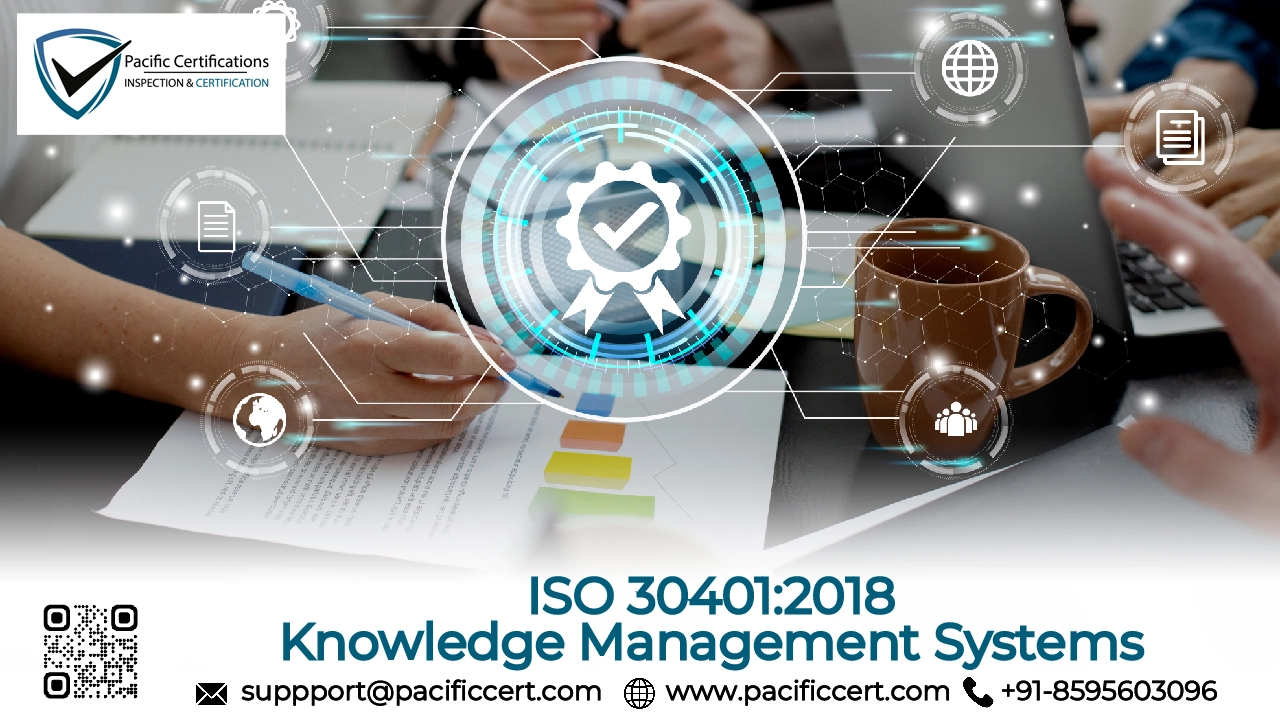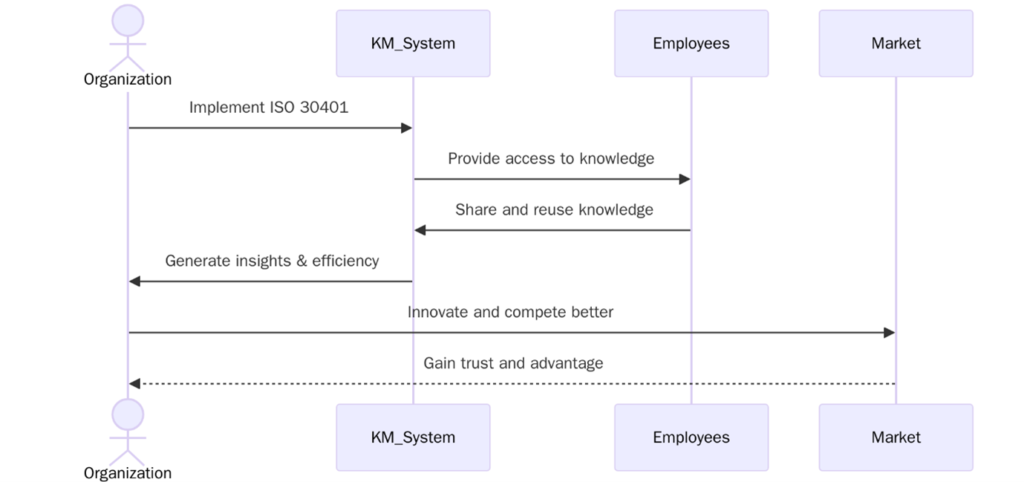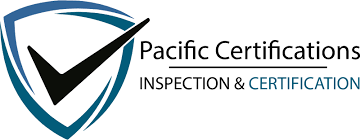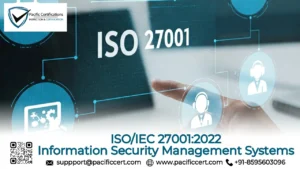What is ISO 30401:2018?

ISO 30401:2018 is the first international standard that provides requirements for establishing and maintaining a Knowledge Management System (KMS) within an organization. The standard supports organizations in fostering an environment where knowledge is created, captured, shared, and applied effectively to achieve strategic objectives and operational excellence.

This standard acknowledges that knowledge is a valuable organizational asset, and managing it systematically can lead to innovation and improved performance. ISO 30401 is designed to be applicable to all types of organizations, regardless of size, industry, or sector.
If you are looking for ISO 30401 compliance, contact us at support@pacificcert.com
Purpose of ISO 30401:2018
The purpose of ISO 30401 is to:
- Establish a framework that supports knowledge creation, protection, transfer, and use
- Ensure that knowledge management aligns with organizational purpose, values, and strategic goals
- Promote a culture of continuous learning, collaboration, and innovation
- Help organizations retain critical knowledge, especially during transitions such as retirement or restructuring
- Provide a systematic approach to manage both explicit and tacit knowledge
Scope and Applicability of ISO 30401:2018
ISO 30401 specifies the requirements for a knowledge management system, focusing on strategic alignment, leadership commitment, resource allocation, and cultural support for knowledge-based activities. It does not prescribe specific tools or methods, giving organizations the flexibility to adopt knowledge strategies that suit their context.
Applicability:
- Corporations and SMEs across sectors
- Government agencies and public sector entities
- Educational and research institutions
- Professional service providers and consultancies
- Non-profits and international development organizations
- Knowledge-intensive industries such as IT, healthcare, aerospace, legal, and engineering
If your organization depends on knowledge sharing and innovation, ISO 30401 provides a structured foundation for long-term value creation. Contact us at support@pacificcert.com to know more!
Key Definitions
- Knowledge: A combination of data, information, experience, and understanding that enables effective action.
- Knowledge Management (KM): Coordinated activities that direct and control how knowledge is created, used, shared, and retained.
- Tacit Knowledge: Personal, experience-based knowledge that is difficult to document.
- Explicit Knowledge: Documented knowledge that can be easily shared (e.g., manuals, procedures).
- Knowledge Asset: Any content, person, system, or process that contains or enables valuable knowledge.
Clause-wise Structure of ISO 30401:2018
Clause | Title | Overview |
1 | Scope | Defines the boundaries and purpose of the standard. |
2 | Normative References | Lists other ISO standards referenced for applicability. |
3 | Terms and Definitions | Provides terminology specific to knowledge management. |
4 | Context of the Organization | Requires understanding internal and external factors influencing KM, including stakeholder needs and strategic alignment. |
5 | Leadership | Outlines the role of top management in driving a KM culture, setting policies, and ensuring resource allocation. |
6 | Planning | Involves identifying KM risks and opportunities, setting measurable objectives, and planning processes. |
7 | Support | Covers competence, awareness, communication, and infrastructure to support KM. |
8 | Operation | Requires the establishment of KM processes that support knowledge identification, acquisition, sharing, and application. |
9 | Performance Evaluation | Involves monitoring, measurement, analysis, and internal audits of KM effectiveness. |
10 | Improvement | Focuses on continual improvement based on performance feedback, innovation, and learning. |
What are the Implementation Requirements of ISO 30401:2018?
To implement ISO 30401, organizations must:

- Develop a knowledge management policy aligned with the organization’s mission and goals
- Identify key knowledge domains, knowledge holders, and knowledge gaps
- Define processes for knowledge capture, sharing, access, and protection
- Integrate KM into existing workflows, projects, and organizational culture
- Foster an environment that supports trust, collaboration, and openness
- Measure the value and outcomes of knowledge management efforts, not just activities
- Establish systems for lesson-learned documentation, communities of practice, and mentoring
If you are planning to implement ISO 30401, contact us at support@pacificcert.com
What Documentation is Required for ISO 30401:2018?
- Knowledge Management policy and objectives
- Stakeholder analysis and context documentation
- Roles and responsibilities for knowledge functions
- Processes for knowledge lifecycle (creation, sharing, retention, application)
- Risk assessments for knowledge loss or mismanagement
- Communication and training records related to KM
- Performance monitoring and evaluation reports
- Internal audit findings and improvement actions
What are the Benefits of ISO 30401:2018 Certification?
- Better access to accurate and relevant knowledge across teams
- Reduces redundancy, accelerates onboarding, and improves problem-solving
- Helps retain critical knowledge during transitions or staff turnover
- Encourages sharing of ideas and collaboration across functions
- Embeds a learning-oriented mindset across the organization
- Demonstrates commitment to managing knowledge as a strategic asset
- Complements ISO 9001, ISO 27001, and other standards through improved documentation and learning practices

Certification Timeline of ISO 30401:2018
The ISO 30401 certification process typically spans 8 to 10 weeks, depending on the maturity of existing KM practices and system complexity.
Week-wise Breakdown
Week | Stage | Activity |
Week 1–2 | Application & Scope Definition | Define KM boundaries, scope of certification, and key stakeholders. |
Week 3–4 | Documentation Review | Review policies, KM framework, and internal procedures. |
Week 5 | Stage 1 Audit | Evaluate readiness of KM system, alignment with standard requirements. |
Week 6–7 | Stage 2 Audit | On-site or remote verification of implementation and effectiveness. |
Week 8–9 | Report Finalization & Corrective Actions | Address nonconformities, if any, and submit evidence of corrections. |
Week 10 | Certification Decision & Certificate Issuance | Receive ISO 30401 certification after successful audit. |
Certification Cost of ISO 30401:2018
The cost of ISO 30401 certification depends on factors such as:
- Size and complexity of the organization
- Maturity of existing knowledge management practices
- Number of departments and geographic locations involved
- Audit duration and required documentation review
- Whether the certification is standalone or integrated with other standards
To request a cost estimate for ISO 30401 certification, contact us at support@pacificcert.com.
How Pacific Certifications Can Help?
As an ABIS–accredited certification body, Pacific Certifications offers independent, third-party audit and certification services for ISO 30401:2018.
We provide:
- Stage 1 and Stage 2 audits to verify KM system compliance
- Objective evaluation of KM practices, structures, and cultural alignment
- Certification issuance based on the standard’s requirements
- Surveillance audits and recertification every 3 years
- No implementation or consulting—ensuring full impartiality in the certification process
If you are looking for ISO 30401 certification, contact us at support@pacificcert.com
FAQs – ISO 30401:2018
Is ISO 30401 certifiable?
Yes, ISO 30401 is a certifiable standard. Organizations can undergo a formal audit and receive a certificate for compliance
Who should implement ISO 30401?
Any organization that relies on knowledge as a core asset—especially in sectors like R&D, education, healthcare, consulting, and IT.
How is ISO 30401 different from ISO 9001?
ISO 30401 focuses specifically on knowledge management—how knowledge is captured, shared, and used—while ISO 9001 addresses quality management more broadly.
Can ISO 30401 be integrated with other ISO systems?
Yes. It aligns well with ISO 9001, ISO 27001, and ISO 45001, especially in documentation, learning, and risk mitigation.
What are the challenges in implementing ISO 30401?
The biggest challenges include changing organizational culture, identifying tacit knowledge, and ensuring leadership engagement.
Ready to get ISO 30401 certified?
Contact Pacific Certifications to begin your certification journey today!
Suggested Certifications –
Read more: Pacific Blogs






